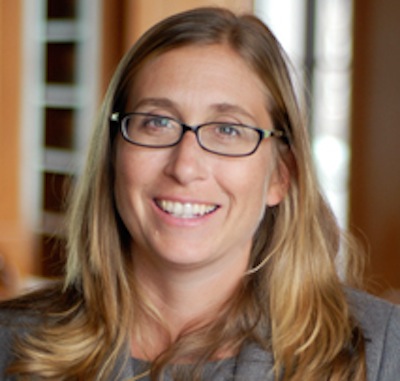Howe’s Brooklyn: Debate continues: Are parents acountable for injuries caused by their children?

Walking down a Manhattan sidewalk in October 2009, Apri Koulajian was struck from behind by a wheeled suitcase and fell to the ground. Unsure of exactly who struck her, Koulajian regained her bearings and noticed a 2-year old child, the child’s parent and the suitcase. Because she was unsure of exactly who was holding the suitcase at the time, Koulajian filed a lawsuit against the child and a claim of negligent supervision against the child’s parents.
Late last week, the Appellate Division, First Department, dismissed Koulajian’s claims against the child and parents.
In New York, parents may be found liable for the actions of their children if and when it is found that the child caused harm to another while using or operating a dangerous instrument. The appellate court found that Koulajian was unable to definitively prove who was handling the suitcase and did not have a case for negligent supervision.